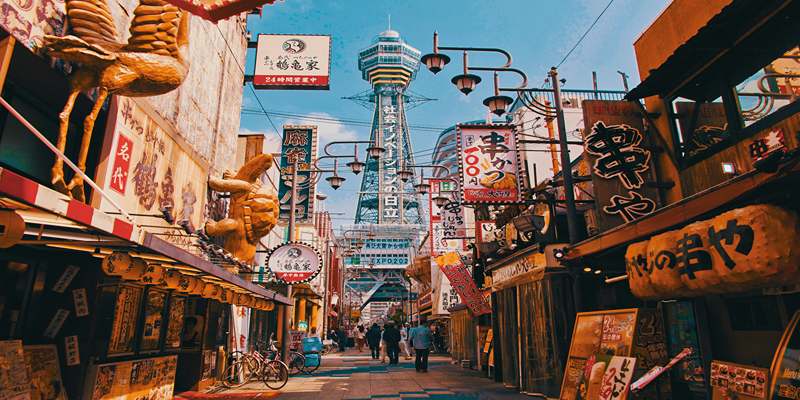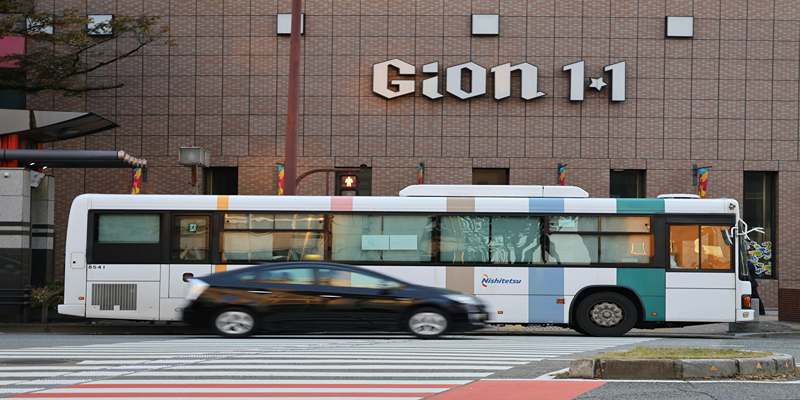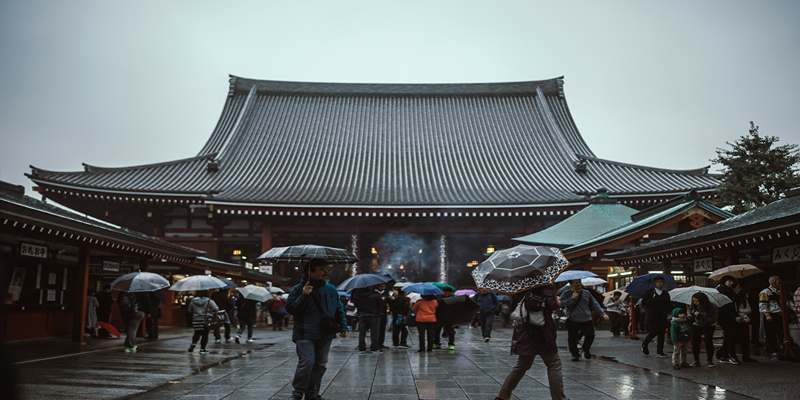Transportation is one of the most efficient in the world especially in Japan this therefore makes it easy to move within the country. No matter whether you have plans to travel to Tokyo and Osaka or would like to explore countryside, it will be more convenient and economical to purchase Japan Rail Pass or Japan Bus Pass. Travelling by train is faster and more comfortable than by bus, but the latter is cheaper and provides an opportunity to get to know the country better. This guide will guide you through the decision-making process of selecting the most appropriate pass for your journey and giving you more information about the trains in Japan and what you can expect from traveling by bus instead.
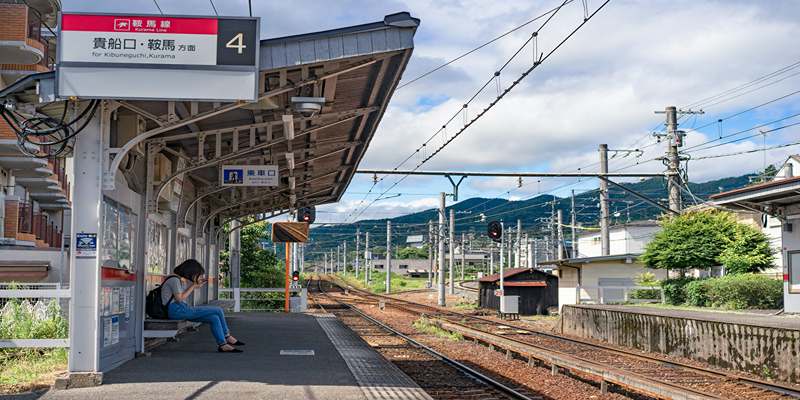
Japan Rail Pass: Best for Train Travel in Japan
Types of Japan Rail Pass and Coverage
There are two major categories of Japan Rail Passes which include the National JR Pass and the regional passes. The National JR Pass is a pass that provides for free movement on all the Shinkansen and other JR trains including the express and local trains in Japan. On the other hand, there are local JR passes, which are limited to certain geographic areas namely, Kansai, Tohoku, or Hokkaido. These are cheaper than the national pass and are suitable for travelers with limited coverage interest area. Both of them have the policy of the flexible term (7, 14, or 21 days) which will be suitable for those who want to travel around Japan by train because it is cost-efficient.
Who Should Buy a Japan Rail Pass?
There are some conditions that should be taken into consideration in order to decide if the Japan Rail Pass is suitable for you: Firstly, it is most advantageous for those travelers who are planning to travel long distances within Japan. If you are dreaming of visiting Tokyo, Kyoto, Osaka, Hiroshima and other cities, it is more profitable to buy the pass, as it will cost cheaper than buying Shinkansen tickets separately. Also, for those who do not like problems, the JR Pass works well since it does not require purchasing tickets separately for each journey. However, if one is planning to stay in one area or use only local train, it may be cheaper to pay for regional JR pass or any other means of transport like buses. To know if the JR Pass is advantageous, you have to understand your travel plan in Japan beforehand.
Japan Bus Pass: Budget-Friendly Alternative
Types of Japan Bus Pass and Routes Covered
The Japan Bus Pass is a relatively cheap means of transport for those who want to travel while on a small budget. The Willer Express Bus Pass is the most popular one that would enable the rider to travel in the highway buses for a particular number of days, for a fixed fee. This pass is valid for the primary destinations like Tokyo, Kyoto, Osaka, Hiroshima and other places. While JR Pass may not include night buses unlike other forms of transportation means, the bus passes with this facility enable travelers to save on accommodation expenses. Also, local bus passes such as those found in Kyoto and Tokyo allow for free movement in the city making it appropriate for persons who intend to tour the city intensively.
Who Should Buy a Japan Bus Pass?
Japan Bus Pass can be described as perfect for travelers with flexible time, backpackers, and all sorts of budget tourists. Buses are slower than trains, but they are cheaper than them, thus making them fit the pocket of people with limited resources. The night bus option enables one to travel at night and avoid accommodation expenses for the night. Moreover, buses are able to reach places that cannot be reached by train, for instance, small towns and villages. For those of you who do not mind spending more time on travel and who wish to travel cheaply in Japan, a bus pass is the most recommended. However, those people who value time and do not want to spend much time on purchasing tickets may find the JR Pass more suitable for them.
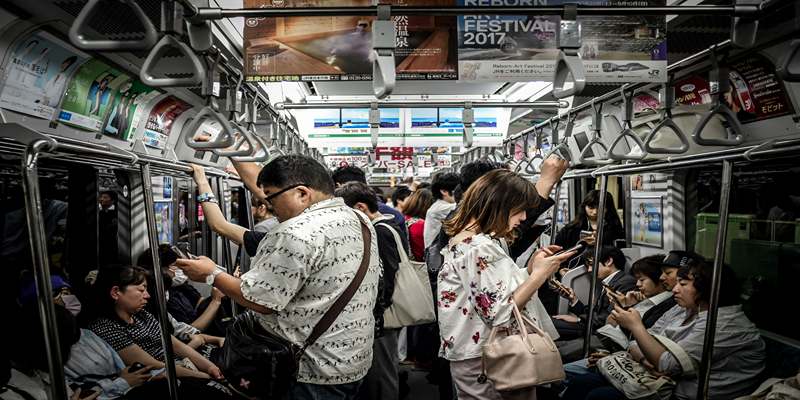
Comparing Train and Bus Travel in Japan
Speed and Convenience: Train vs. Bus
Trains, and particularly the Shinkansen, are the most effective means of transport to travel between different cities in Japan. It has a top operational speed of 320 km/h and therefore significantly shortens the travel time. For instance, while it is only 2.5 hours by Shinkansen from Tokyo to Osaka, it is more than 9 hours by bus. Also, they are well integrated with local transport, and as such, transferring from one station to another is very easy. Buses are slightly slower since they are restricted by traffic on the road, though they may be more convenient for some rural routes. In contrast to buses, the JR Pass enables you to take trains without having to make a prior booking for the tickets.
Cost and Value: Which Pass Saves More?
The Japan Rail Pass is useful to those who plan to travel extensively using the shinkansen due to the fact that a round trip from Tokyo to Osaka would take up most of the price of the pass. However, if you are a low-budget traveler, the Japan Bus Pass is the option that will be more favorable for you. A week-long bus pass will cost less than a shinkansen ticket, and it is a good option for those who want to save money. Also, when it comes to traveling by bus, some other expenses, such as reserved seating or city transport charges, do not apply. The final decision of choosing between a rail or bus pass greatly depends on whether the person values speed and comfort over the price and the ability to change transportation means at any given moment.
Additional Passes for Local Travel
City Transportation Passes
Most Japanese cities have transport passes that can be used on subway, bus, and tram systems within the cities. Some examples of passes available for tourists are the Tokyo Subway Ticket, Osaka Amazing Pass, and Kyoto City Bus Pass. These passes are particularly convenient for a short stay in one city since they save overall transport expenses. For example, the Tokyo Subway Ticket gives free access to both Tokyo Metro and Toei Subway lines, therefore it can prove to be very useful to tourists. They can be combined with the Japan Rail Pass or Japan Bus Pass in order to make the best of the travel expenditures and, at the same time, ease transportation within cities.
IC Cards
IC cards such as Suica, Pasmo, and ICOCA allow seamless travel on trains, buses, and even some shops. Unlike the JR Pass or bus pass, IC cards do not offer unlimited travel but provide convenience by eliminating the need to buy individual tickets for every journey. Travelers simply tap the card at entry and exit points, and the fare is deducted automatically. These cards are reloadable and can be used in multiple regions, making them a practical choice for short-distance travel. IC cards complement other transportation passes, ensuring smoother travel within cities and across local train networks.
Conclusion
Choosing between the Japan Rail Pass and Japan Bus Pass depends on your travel style and budget. If you prioritize speed and convenience, the JR Pass is the best option for train travel in Japan. However, if affordability and flexibility are more important, a bus pass provides excellent value. Local transport passes and IC cards further enhance the travel experience. By understanding your itinerary and preferences, you can select the most cost-effective transportation option, ensuring a smooth and enjoyable journey across Japan. Plan ahead to make the most of your transportation pass and explore Japan stress-free.

